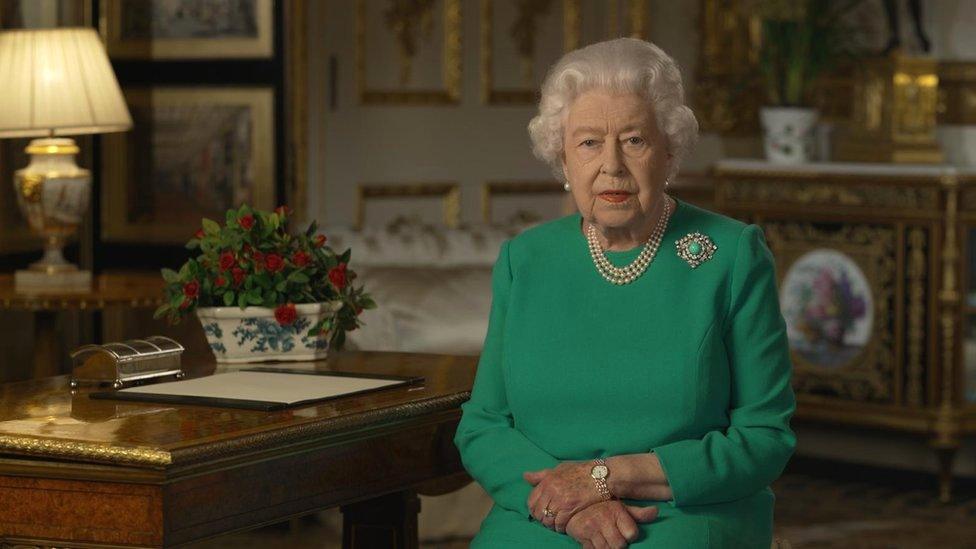VE Day anniversary: Queen to lead events 75 years on
- Published
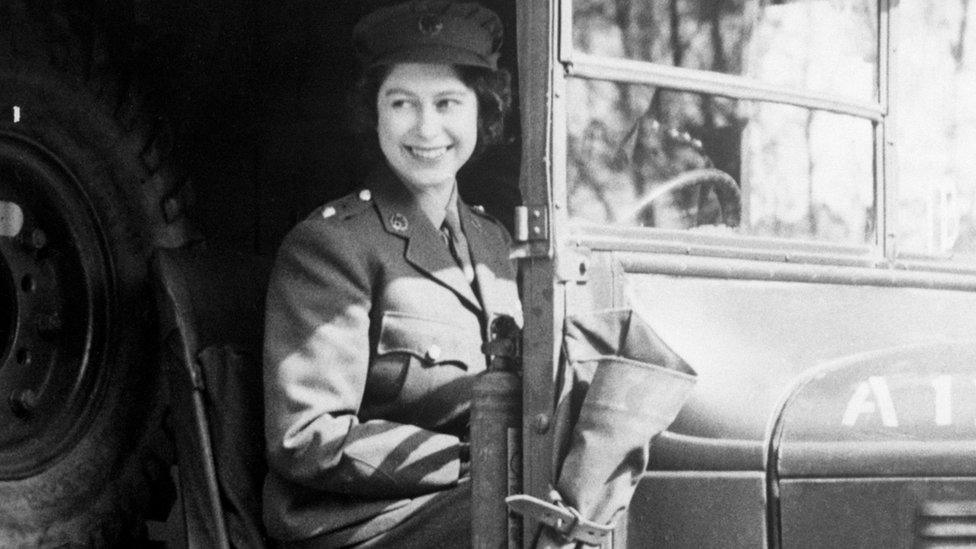
The Queen will commemorate the 75th anniversary of VE Day with a televised address to the nation.
The message will form part of a series of events on 8 May marking the end of World War Two on the continent.
The monarch's pre-recorded address will be broadcast on the BBC at 21:00 - the exact moment her father, King George VI, gave a radio address 75 years ago.
Other plans include a public sing along of Dame Vera Lynn's We'll Meet Again, a song synonymous with World War Two.
It will be the Queen's second televised message during the coronavirus outbreak.
Last month, she echoed the words of the singer known as the Forces' sweetheart when she told those in lockdown "we will meet again" during a rare speech to the nation.
'Enormous debt'
The new programme for the commemorations was announced by Culture Secretary Oliver Dowden after the original plans were cancelled because of the coronavirus outbreak.
The government had moved the traditional early May bank holiday from 4 May to 8 May to allow for events to take place.
But social distancing requirements halted those plans, which had included a veterans' procession and street parties.
Mr Dowden said although celebrations will now take place "in our homes and on our doorsteps" he is confident the nation will "come together to mark this historic occasion".
People in lockdown are being urged to show their support for the commemorations by placing a specially-designed image of a Second World War soldier in their windows.
Armed forces charity Royal British Legion Industries has launched its "Tommy in the window" campaign, producing specially-designed figures of soldiers.
A pack with ideas for homemade VE Day bunting, original recipes, games, and educational and creative activities for children has been produced by the Department for Digital, Culture, Media and Sport, so families under lockdown can create their own experiences at home.
The Queen: "We will be with our friends again, we will be with our families again, we will meet again"
Official commemorations will begin at 11:00 with a national moment of remembrance and a two-minute silence, according to details published by DCMS., external
Justin Welby, the Archbishop of Canterbury, will record a special reflection and moment of prayer; and members of the the Royal Family, the prime minister and Mr Dowden will hold video calls with WW2 veterans and those who served on the Home Front.
First Minister of Wales Mark Drakeford will host calls with veterans in Wales.
NHS volunteer responders will be deployed to give a number of WW2 veterans a call and provide an opportunity to share their stories.
The BBC will broadcast special programmes to mark the milestone occasion, with the monarch's address to the nation to be aired on BBC One at 21:00 BST.
Presented by Sophie Raworth, an evening programme which will feature Welsh soprano Katherine Jenkins, actor Adrian Lester and singer Beverley Knight, who will be performing some well-known songs from the 1930s and 40s.
It will culminate in the nation being invited to sing along to a rendition of We'll Meet Again.
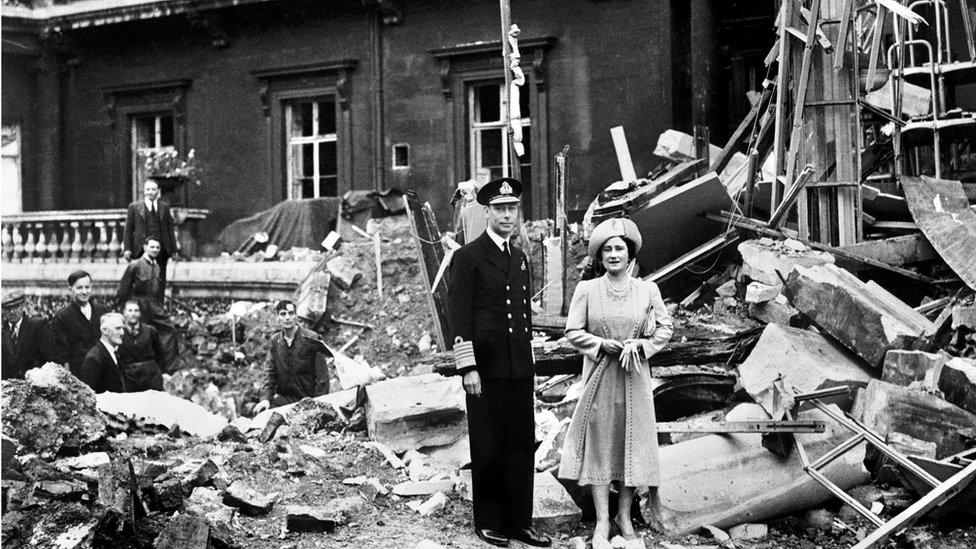
The BBC will also air a pre-recorded video message from Prince Charles, who will read an extract from his grandfather King George VI's diary from VE Day.
Extracts of Sir Winston Churchill's famous victory speech to the nation announcing the end of the war in Europe will also be broadcast.
Tony Hall, BBC director general, said: "At a time when many are looking for unity and hope, the BBC will bring households together to remember the past, pay tribute to the Second World War generation and honour our heroes both then and now."
Victory in Europe (VE) Day in 1945 marked the formal acceptance of Nazi Germany's unconditional surrender by Britain and its Allies following almost six years of WW2.
It saw spontaneous celebrations break out across the country, and the Queen, then Princess Elizabeth, ventured out with a group of friends, including her sister Princess Margaret, to experience the excitement in London.
- Published20 March 2020
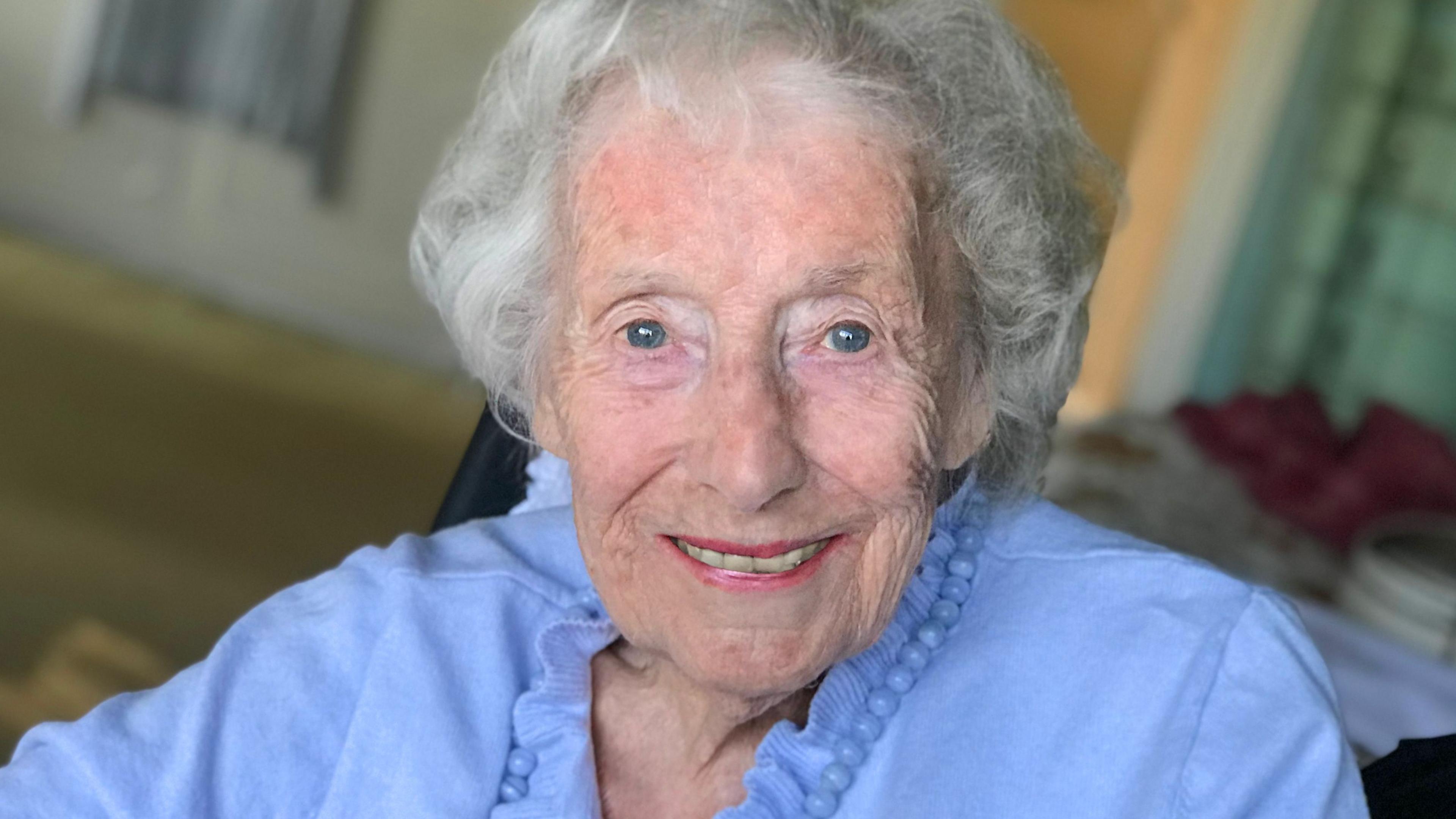
- Published15 April 2020
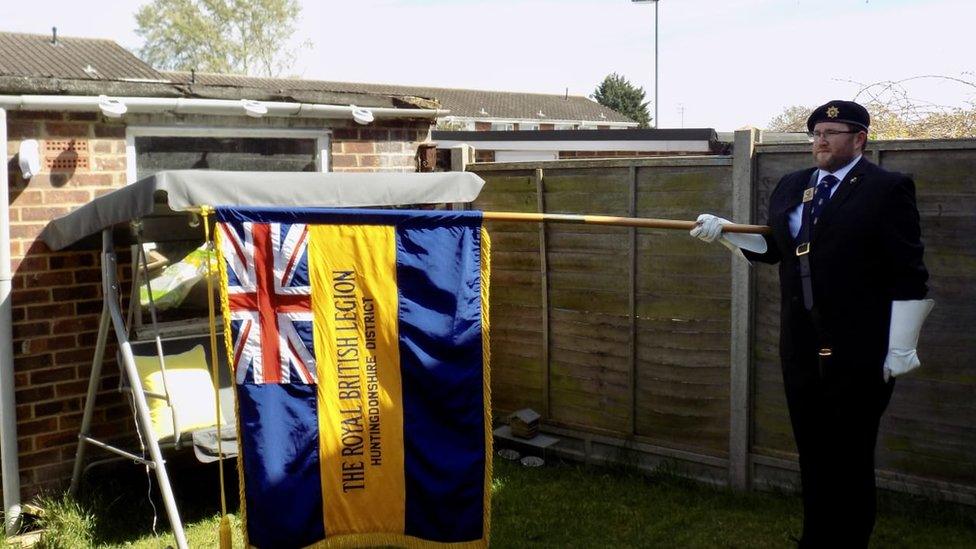
- Published1 March 2020
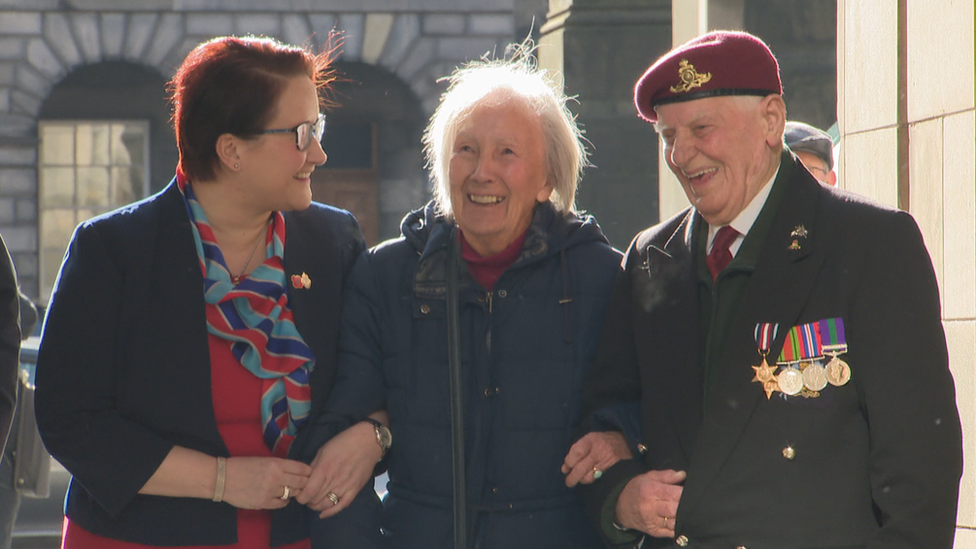
- Published5 April 2020
